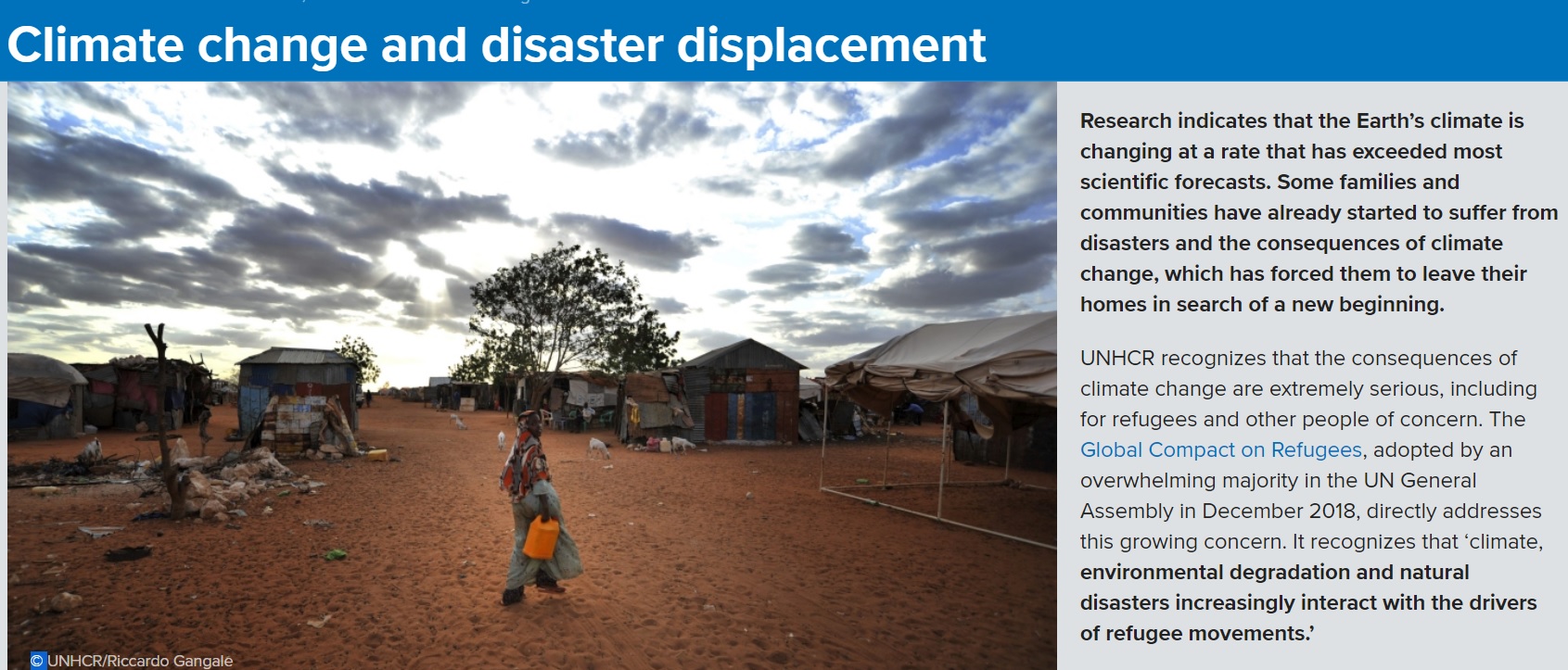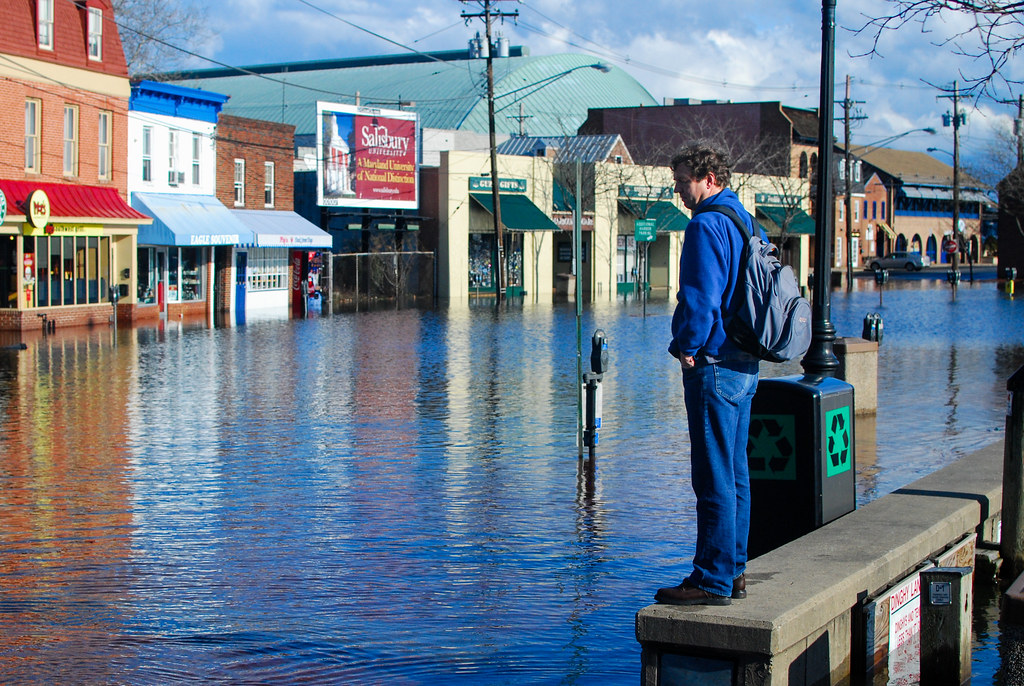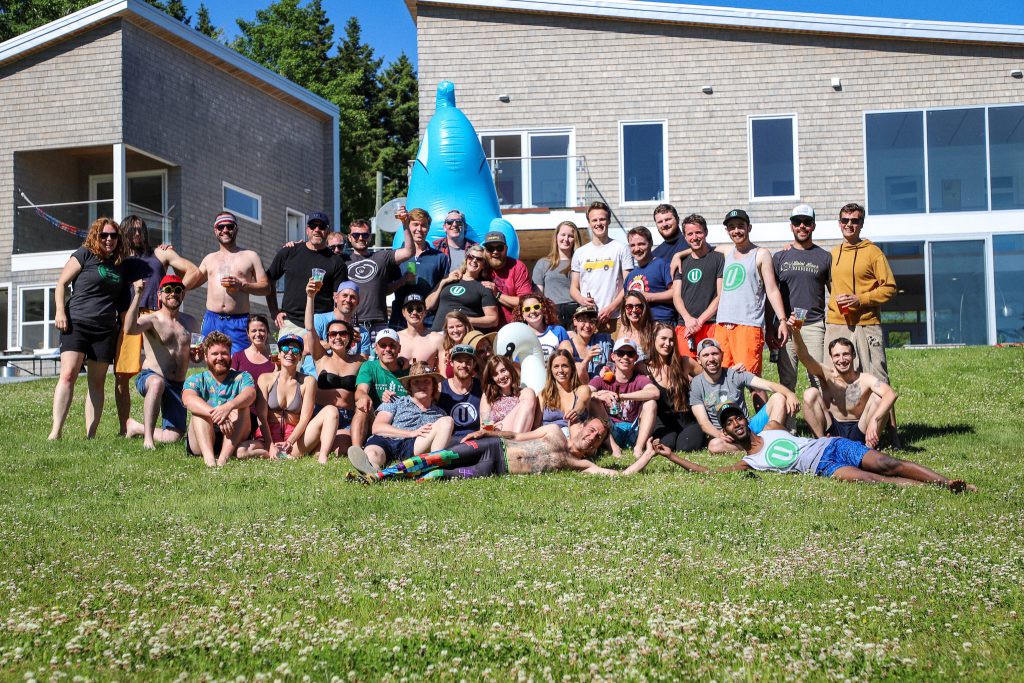Two books that changed the world: David Wallace-Wells’ The Uninhabitable Earth, like Rachel Carson’s Silent Spring, makes it impossible to ignore the issue
You are concerned with climate change but the avalanche of news numbs you. Don’t feel guilty, you are not alone. Many are like you, literally turned off – the problem feels like it’s happening on another planet. But there is one book out there that you should read this year if you read nothing else. It will change how you perceive the world and our future forever: The Uninhabitable Earth: Life After Warming by David Wallace-Wells, a columnist and Deputy Editor at New York Magazine (published by Penguin, February 2019).
Wallace-Wells is no tree-hugger climate activist. He’s a serious investigative journalist, he goes to the sources and interviews the people involved. His book is a compendium of the latest research findings, presented in clear, sober language. And it is a veritable shocker.
There are two reasons for that.
One is that Wallace-Wells has a knack for zeroing in on the unusual striking image, things that climate change will bring about and that you probably never thought of. To illustrate how he does it, I’ll just quote one example but there are many more. Speaking of insect migrations caused by global warming, he writes:
“The imperious West has spent five centuries looking down its nose at the plight of those living within the pale of tropical disease, and one wonders how that will change when mosquitoes carrying malaria and dengue are flying through the streets of Copenhagen and Chicago, too.”
The other reason is that we are used to getting climate news in bits and pieces, not all of it together. That’s what makes the first part of his book, aptly titled “Elements of Chaos”, so arresting. The “elements” are divided in 12 chapters whose headings make for a truly scary list precisely because they are happening together:
- Heath Death –
- Hunger –
- Drowning –
- Wildfire –
- Disasters No Longer Natural (“in a four-degree-warmer world, the earth’s ecosystem will boil with so many disasters that we will just start calling them ‘weather’: out of control typhoons and tornadoes and floods and droughts”) –
- Freshwater Drain –
- Dying Oceans –
- Unbreathable Air –
- Plagues of Warming (“trapped in Arctic ice, diseases that have not circulated in the air for millions of years…Which means our systems would have no idea how to fight back…Zika may also be a good model of a second worrying effect – disease mutation” –
- Economic Collapse –
- Climate Conflict (“for every half degree of warming, [researchers] say, societies will see between a 10 and 20 percent increase in the likelihood of armed conflict”) –
- “Systems” (Wallace-Wells calls them “cascades”, climate scientists call them “systems crises” and the American military a “threat multiplier”: “the multiplication when it falls short of conflict, produces migration, that is climate refugees. Since 2008, by one count, it has already produced 22 million of them”.
They make the four horsemen of the Apocalypse (Death, Famine, War and Conquest) look positively tame.

That’s what makes The Uninhabitable Earth a must read for climate deniers too. The mounting evidence is such, especially when marshalled together as done here with impartial, scientific observations, statistics and projections, that climate deniers are now in a position similar to those arguing that the earth is flat or was created four thousand years ago in one week.
Everything Wallace-Wells writes is carefully supported by footnotes linking to serious research. For example, the “one count” mentioned above, reporting 22 million climate refugees since 2008 is a UNHCR estimate that appears on the UNHCR website:

You’ll notice, if you take the time to read that web page, that it is updated with the latest available statistics:
“According to the Internal Displacement Monitoring Centre, there were 18.8 million new disaster-related internal displacements recorded in 2017. Most disaster displacement linked to natural hazards and the impacts of climate change is internal, with those affected remaining within their national borders. However, displacement across borders also occurs, and may be interrelated with situations of conflict or violence.”
Nearly 19 million climate refugees in 2107, just one year. You may feel a panic attack coming as you go through the “Elements of Chaos” and consider the numbers one by one. I certainly did.
As the New York Times points out it in its review, Wallace-Well’s book does more than merely shock. It is comparable in scope to Rachel Carson’s Silent Spring:
“a bid to do for greenhouse gases what Carson’s 1962 book did for pesticides. Silent Spring became a galvanizing force, a foundational text for the environmental movement. The overarching frame for Wallace-Wells’ book is an analogous call to action: “How much will we do to stall disaster, and how quickly?”
The call for action has been heard in America. It has already helped move climate change at the center of the political debate. Notably with the recent rise of the Green New Dealers.
Consider that the idea for the book was born in an article on climate change that went viral when New York Magazine published it two years ago. The subtitle Wallace-Wells used for his book is immensely effective: “Famine, economic collapse, a sun that cooks us: What climate change could wreak — sooner than you think.”
The “sooner than you think” part is what is really frightening.
And that is what makes The Uninhabitable Earth a must-read.
Unsurprisingly, just as the article had gone viral, the book expanding on the subject became an instant bestseller over the past months, ranking first in several Amazon book categories covering the environment and climate. As Wallace-Wells explains in a video presenting his book when it came out (February 2019), the real puzzle is why did we ever get to this point? We’ve known what we were doing to the climate and the planet for three decades now. It isn’t as if we were left clueless. He recalls that the UN “established is climate body in 1992” and points out:
“We’ve emitted more carbon in the atmosphere since then, more than in all the centuries, the millennia before that.”
Stunning. This means we’ve done “more damage to the planet knowingly than we’ve ever managed in ignorance. How could that possibly be?”
The explanation is, you’ve guessed it, plain human greed. Many others have made that point, notably Naomi Klein in her bestselling book “This Changes Everything: Capitalism vs. the Climate” (published in 2014). We need to move away from destructive capitalism to a sustainable, circular economy model. A big move.
In fact, Wallace-Wells deals more with plain, direct scientific observation of the climate change phenomena and less with the solutions. He is alarmed and doesn’t hide his alarm. But he is hopeful too. Our future, he argues, is really in our hands. It need not be as hopeless and tragic if we pull up our sleeves and get going.We do have the tools to address the climate change issue. And change the outcome. He sums it up in a lapidary paragraph:
“Half of the Great Barrier Reef has already died, methane is leaking from the Arctic permafrost that may never freeze again, and the high-end estimates for what warming will mean for cereal crops suggest that just four degrees of warming could reduce yields by 50 percent. If this strikes you as tragic, which it should, consider that we have all the tools we need, today, to stop it all: a carbon tax and the political apparatus to aggressively phase out dirty energy; a new approach to agricultural practices and a shift away from beef and dairy in the global diet; and public investment in green energy and carbon capture”.
Oddly enough, Wallace-Wells skims over the solutions and focuses instead in the second part of his book on what he calls “The Climate Kaleidoscope”, painting humanity’s reaction to the climate challenge – from suicide and Silicon Valley tech optimism to a renovated sense of ethics and a new “Anthropic Principle”. Interesting stuff, but one might prefer to explore instead what actually needs to be done. And try and see where we are going, especially when (and if) climate deniers now in power will have left the control rooms. President Trump foremost among them, unleashing coal policies set to kill 1500 Americans every year (according to Federal statistics). But he is not alone – for example, in Brazil, we have Bolsonaro busy destroying the Amazon; in Italy, we have Salvini and Di Maio utterly indifferent to climate issues.
The road is long, the climb is steep, but we should not give up. There are some good news on the way to encourage us in our fight and keep us going:
Featured image: Flooding in Annapolis, Maryland (US). A man observes a stretch of Dock Street in Annapolis, Md., that flooded after the area received over three quarters of an inch of rain in 24 hours on Jan. 25, 2010. (Photo by Matt Rath/Chesapeake Bay Program)










